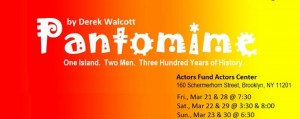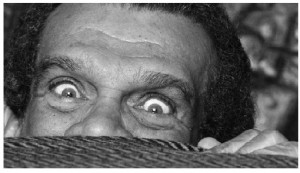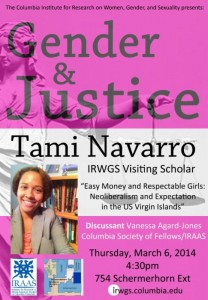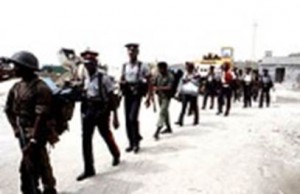Please join the Center of Humanities for the next Caribbean Epistemologies Seminar
Marisa Fuentes: Venus Whipped: Abolition Discourse, Gendered Violence and the British Caribbean Archive
Friday 21 March, 1:00pm– 3:00pm
Room 8304
In 1787, British Prime Minister William Pitt convened the Privy Council to gather evidence on the slave trade and slavery in the West Indies in anticipation of debates on abolition of the trade. The report generated over a thousand pages of testimony from white male witnesses who often recounted violent scenes in which enslaved women were victims of spectacular punishment, mutilation and in various states of mortification. This paper indexes British conceptions of gender and sexuality within the form and content of this archive. Marisa Fuentes raises questions about the difficulty of historicizing spectacular (gendered) violence within exclusively white male discourse and engage theoretical scholarship on the archives of slavery in an attempt to narrate the fleeting and brutal glimpses of enslaved women’s experiences in the West Indies towards the period of amelioration. Despite the multiple ways in which this archive is mediated by power Marisa Fuentes offers a way to read for moments when enslaved women force themselves into history.
Readings are available here.
Message adapted from email announcement.






